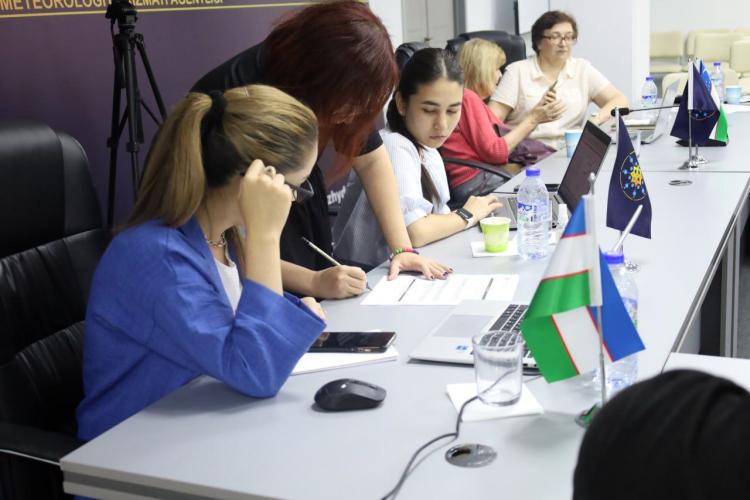This training was organized as part of the in-country support request from Uzbekistan
*******************************************************************************************
By invitation only.
Background
Calculating current and future greenhouse gas emissions is a prerequisite for countries to inform political decisions concerning climate action. It is also the foundation for transparent and credible climate action at national and global levels. The GACMO (Greenhouse Gas Abatement Cost Model) is a greenhouse gas emissions projections tool developed over more than twenty years by the UNEP Copenhagen Climate Centre. It allows countries to carry out rapid but accurate scenario analysis of how a variety of mitigation options impact emissions, thereby increasing transparency and contributing to informed decision making.
The tool can provide valuable input for preparing and updating NDCs by identifying NDC targets for emissions reductions and by providing assessments of future emissions in different climate action scenarios. It can also be used to prepare biennial transparency reports (BTRs) under the Paris Agreement.
The Republic of Uzbekistan approached the CBIT-GSP with the request to deliver a capacity building training on GACMO Methodology, as the national team of NC/BTR uses this instrument for NDC tracking and projections. The CBIT-GSP in close cooperation with Uzhydromet via its national CBIT project and national enabling activities project (FAO and UNEP) will address this request in providing the in-country support.
Objective
The main objective of the three-days training is to enhance capacity of the national team of experts to use and apply the GACMO methodology in their efforts to NDC tracking and GHG emission projections both within their first BTR and updated NDC.
Target Audience, Duration and Language
The training will gather experts and coordinators of National Communications and Biennial Transparency Reports, senior experts from the national agencies dealing with GHG emissions, projections and mitigation policy.
The training will continue for three days and will be delivered in Russian.
